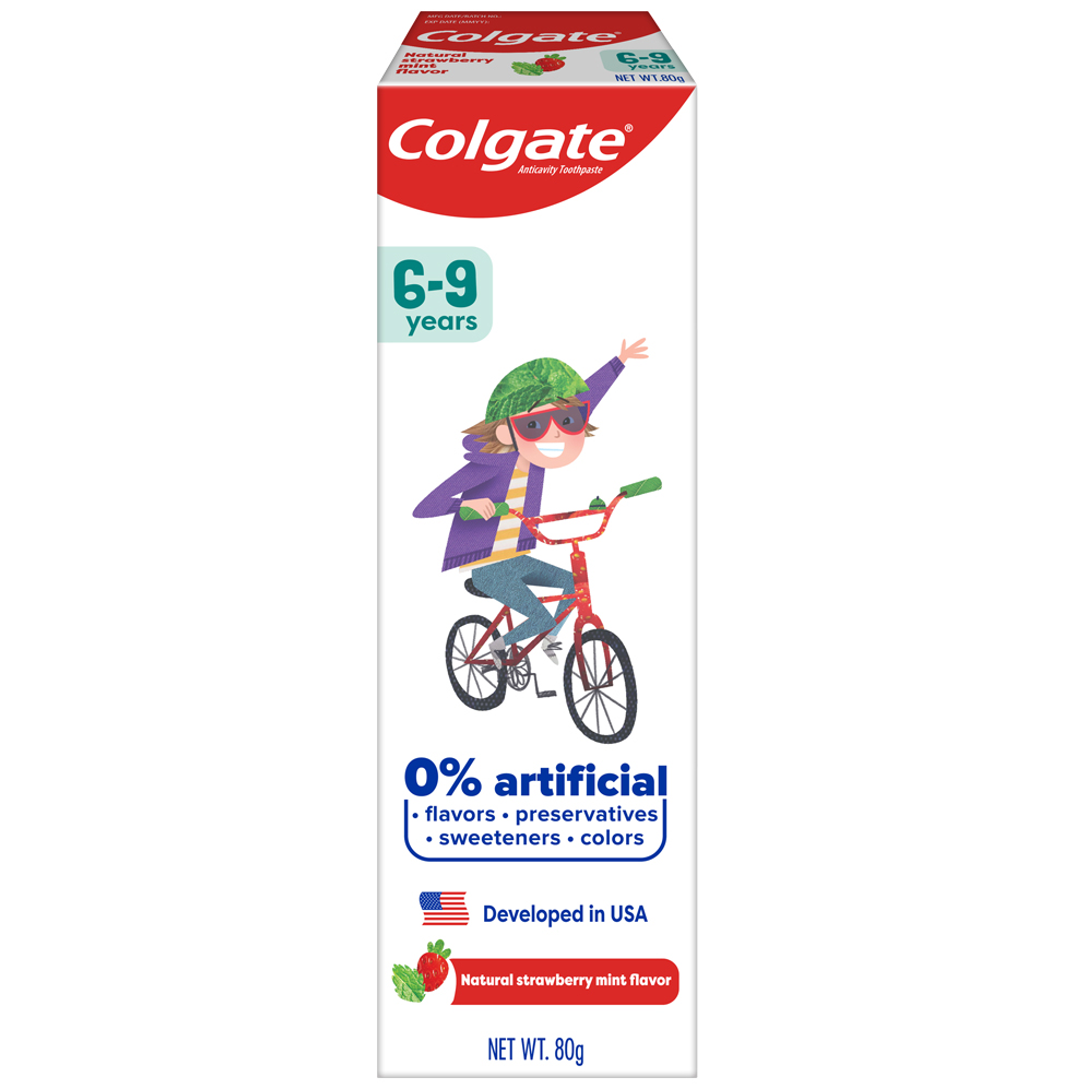The science of smile
Psychology tells us that smiling is a complex process involving many different brain and body parts. Smiles can even be deceptive: we might think someone's smile reflects what they are feeling inside when it does not at all. Three types of smiles reflect our brains' activities as we use them: spontaneous, social, and emotional.
- Spontaneous smiles happen when we see something that makes us happy or amused - for example, a funny meme on social media. Our brains release dopamine in response to these stimuli, which causes the feeling of happiness associated with smiling.
- Social smiles are used when we are interacting with other people. These smiles usually affect our moods and how we interact with others.
- Emotional smiles are the most genuine of all - they happen when we are really feeling happy or sad, and our brains release oxytocin in response to them.
Our brain and body work together to regulate our moods, using the processes behind smiles. The effect of smiling on your self-esteem is real - so go ahead and give yourself a reason to smile!
What psychology has to say about smiles: How your smile can affect your self-confidence
The Smile and Mood
Smiling has a mood-boosting effect on the brain. When we smile, our brains release serotonin, which makes us feel happier. People who smile as they complete a difficult task feel less stress and more satisfaction with their work. Smiling also releases dopamine, which is associated with pleasure. So, not only does smiling make us feel good emotionally, but it also gives us a physiological boost.
The Smile and Social Interaction
Smiling is one of the most meaningful ways to communicate positive emotions to others. When we smile at someone, they often mirror our facial expressions, which helps to create a sense of rapport and connection. Additionally, smiling sends the message that we are friendly and approachable, making others more likely to want to interact with us.
The Smile and Self-Esteem
Your bright smile can also have a positive effect on your self-esteem. When we smile at ourselves in the mirror, it makes us feel more confident, attractive, and successful. This is because smiling reminds us of our social acceptance, which boosts how we feel about ourselves in general. Smiling can also make other people view us more positively, which increases how much they like and respect us!
How to build self-confidence?
There are several things you can do to increase your self-confidence, and smiling is one of them! When you feel happy about yourself, it shows in your smile. So, make a habit of smiling at yourself in the mirror every day, even when you do not feel like it.
The smile affects your self-esteem, mood, and ability to communicate with others. Smiling is a great trick to boost your confidence levels in general, so try smiling more often each day.
Smiles are contagious -- even fake ones can positively affect your brain chemistry. A simple smile can help you feel happier, more confident, and more socially connected. So, the next time you are feeling down, put on a smile and see how it changes your mood!
What makes a smile beautiful?
There are a few misconceptions about what makes a smile beautiful, like tooth symmetry, color, the color of your lips, etc. However, just being who you are, being comfortable in your skin, and living your life to the fullest are a few things that best judge the beauty of your smile.
By seeing your dentist regularly, using the right oral care products, and maintaining good oral hygiene help boost your confidence and radiate your beauty from within.
How to use a smile as a confidence booster?
You can do several things to use your smile as a confidence booster.
- Practice smiling in the mirror every day. This will help you get used to the feeling of smiling and increase your self-confidence.
- Smile at everyone you meet throughout the day. It will make everyone feel good about themselves.
- Before important events such as job interviews or dates, smile at yourself in the mirror. This will help boost your confidence and decrease any anxiety that you may be feeling.
- Remember to practice smiling during activities like public speaking, giving a presentation, or clicking pictures. Smiles can often put you in a more confident mindset.
- Try smiling while exercising and throughout the day to help you feel better and increase your energy levels on the go.

Instantly colour-corrects yellow tones^
^For temporary efficacy
How do I get my smile back?
Several things can cause us to lose our smiles, but most of them are not permanent! There is no need for despair if this happens to you. Here is what you can do to get your smile back.
The first is to remember that no matter how others think you look, your smile makes you the prettiest. Still, if you feel that your teeth are coming in the way of smiling widely, you can visit a dental professional who can help you with your dental needs.
Your dentist will be able to give you advice on how best to fix whatever problem has caused the loss of your smile, and they may even recommend an aesthetic treatment such as veneers or teeth whitening!
While your smile is already beautiful, you may choose to go for teeth whitening, cavity prevention, and sensitivity relief products that will further brighten your smile. Also, brush and floss regularly to stay safe from dental ailments. Healthier teeth and gums will help to increase your self-confidence and make your beauty radiate from within.
Third, remember to enjoy life and smile out loud often! Smiling is one of the best medicines, so seek out things that make you laugh.














